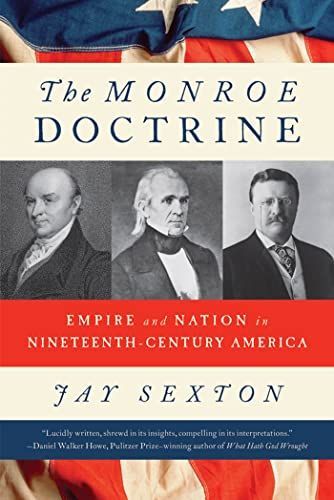
The Monroe Doctrine Empire and Nation in Nineteenth-Century America
A Concise History of the (In)Famous Doctrine that Gave Rise to the American Empire President James Monroe's 1823 message to Congress declaring opposition to European colonization in the Western Hemisphere became the cornerstone of nineteenth-century American statecraft. Monroe's message proclaimed anticolonial principles, yet it rapidly became the myth and means for subsequent generations of politicians to pursue expansionist foreign policies. Time and again, debates on the key issues of nineteenth- and early-twentieth-century foreign relations—expansion in the 1840s, Civil War diplomacy, the imperialism of 1898, entrance into World War I, and the establishment of the League of Nations—were framed in relation to the Monroe Doctrine. Covering more than a century of history, this engaging book explores the varying conceptions of the doctrine as its meaning evolved in relation to the needs of an expanding American empire. In Jay Sexton's adroit hands, the Monroe Doctrine provides a new lens from which to view the paradox at the center of American diplomatic history: the nation's interdependent traditions of anticolonialism and imperialism.